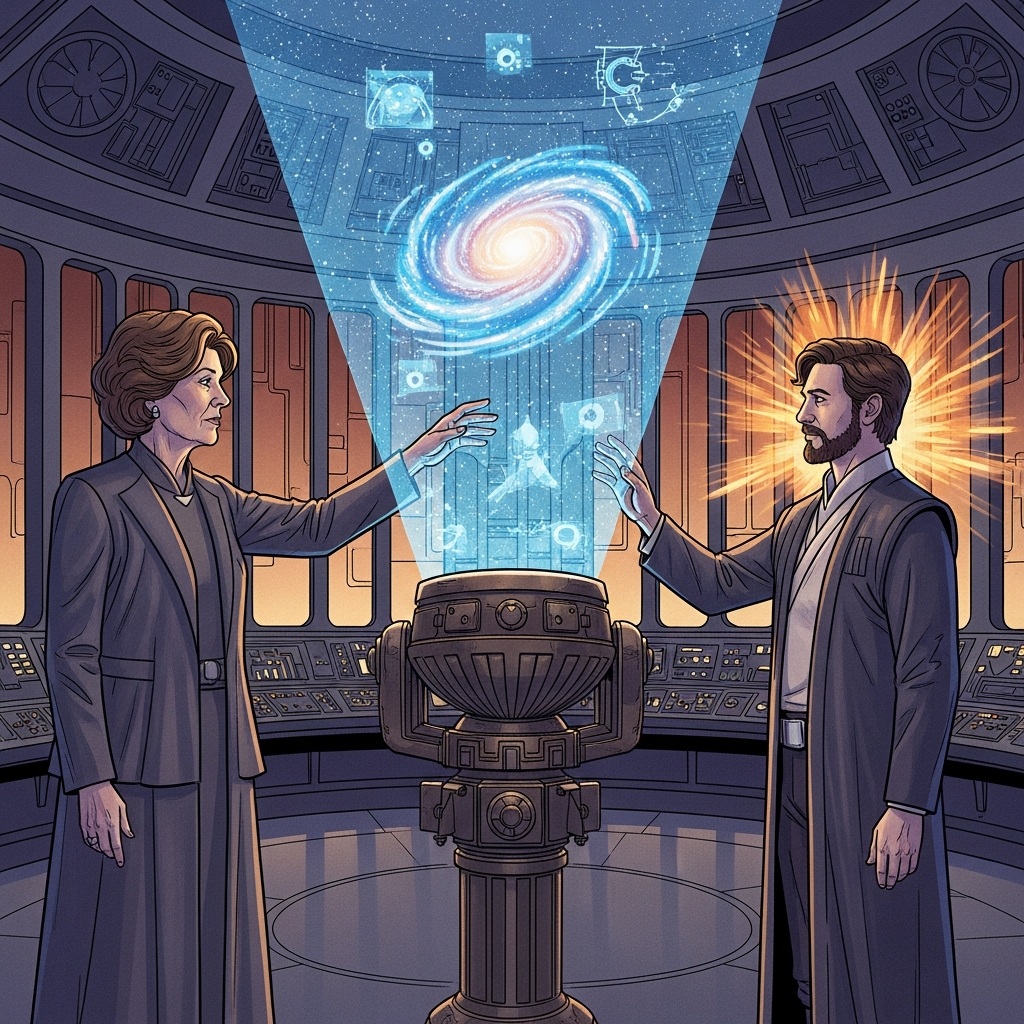Few television shows have captured the cultural zeitgeist quite like FX’s The Bear. Bursting onto the scene with a chaotic blend of culinary passion, family drama, and gritty realism, the series about a world-class chef attempting to salvage his family’s Chicago Italian beef shop quickly became a phenomenon. Its initial seasons earned widespread acclaim for their intense kitchen sequences, compelling character arcs, and relatable portrayal of grief and ambition.
Anticipation for The Bear Season 4 was high following the ambitious transformation depicted in Season 2 and the turbulent opening of the new restaurant in Season 3. However, the latest installment, now streaming on Hulu, has sparked a critical divide. While some reviewers see it as a return to form and a deeper exploration of its beloved characters, others contend that the show has become stagnant and, quite literally, lost the plot.
The Bear’s Journey So Far
The show’s early success was built on a potent recipe: the visual appeal of delicious food preparation combined with the high-stakes drama of the restaurant world. Season 1 saw chef Carmy Berzatto (Jeremy Allen White), a fine-dining prodigy, return home to save his deceased brother Mikey’s struggling sandwich joint, The Original Beef. Season 2 chronicled the ambitious (and costly) metamorphosis of the space and staff into a high-end establishment, “The Bear.”
Season 3 plunged viewers into the chaotic reality of the new restaurant’s opening. Carmy pushed himself and his team to the brink with daily menu changes, sacrificing personal relationships for artistic perfection. This intensity created significant financial strain and exacerbated conflicts, particularly with his sister and business partner Sugar (Abby Elliott) and Mikey’s best friend-turned-front-of-house manager, Richie (Ebon Moss-Bachrach). The season ended with unresolved issues and a major cliffhanger centered on a harsh review from the Chicago Tribune.
Season 4: Stagnation or Evolution?
It is in The Bear Season 4 that the critical debate intensifies. Some critics argue that this season exacerbates the stagnation that arguably set in during Season 3. Despite the dramatic cliffhanger and the introduction of a ticking clock plot device—investor Uncle Jimmy (Oliver Platt) gives the restaurant two months to improve its financial outlook or close—the season reportedly fails to maintain narrative momentum around this urgent challenge.
Instead of the thrilling, present-tense service scenes that characterized earlier seasons, Season 4 is described by some as featuring too many “formless episodes” dominated by quiet solo moments and earnest, often repetitive, two-person conversations. These dialogues, while seemingly aiming for emotional depth, sometimes land as generic or “self-help koans,” with characters repeatedly expressing similar “profound truths.”
This perceived lack of narrative drive coincides with a notable tonal shift. While early seasons masterfully blended humor, wonder, and angst, the last two seasons, according to some reviews, lean towards relentless solemnity.
Carmy’s Wallowing and the Supporting Cast
A central point of contention is Carmy himself. While Jeremy Allen White continues to deliver a strong performance, some feel the writing has rendered the character less compelling. Carmy is often depicted as a tragic hero whose perfectionism and self-absorption stem solely from childhood trauma and a need for external validation. The focus on his internal struggles, while understandable, can feel repetitive to some viewers, leaving him, for moments, feeling “boring.”
However, this perspective isn’t universally shared. Some critics found Season 4 to be a return to form precisely because it moves beyond the constant kitchen chaos to focus on a “different intensity” drawn more deeply from the characters and their relationships. They argue that the season successfully gives attention to every character and storyline as Carmy confronts his issues. The supporting cast, consistently praised for their performances, remains a highlight, with characters like Sydney (Ayo Edebiri), Richie, and Tina (Liza Colón-Zayas) anchoring many of the season’s best moments.
A standout episode universally praised focuses solely on Sydney’s day off, offering a refreshing contrast to Carmy’s internal struggles and showcasing the potential of the ensemble beyond the central character.
The Finale Twist: A New Beginning?
Despite the criticisms of stagnation, The Bear Season 4 concludes with a significant development that could drastically alter the show’s future trajectory. Following the intense pressures and relationship repair attempts throughout the season, the finale reveals Carmy’s surprising plan: he intends to step back from The Bear, updating the partnership agreement to list Sydney, Sugar, and Richie as the new co-owners.
This twist, which stems from Carmy’s realization that he used cooking to avoid dealing with life and that Sydney is the natural leader the restaurant needs, positions Sydney Adamu as the show’s probable central protagonist moving forward. Richie’s inclusion in the partnership also acknowledges his significant growth and contribution.
Critics who felt the show was stuck in a rut view this development as the most substantial and inspired reset The Bear could make. It potentially liberates the series from the perceived monotony of Carmy’s internal battles and allows for a “massive vibe shift,” focusing on Sydney’s leadership and the strength of the team dynamic – a core theme of what makes a great restaurant.
Looking Ahead
Ultimately, the critical reception for The Bear Season 4 is a mirror of the show’s own internal conflicts – a struggle between maintaining its original high-octane energy and evolving into a deeper character study. While some found the shift compelling and an improvement over Season 3, others felt it lost the propulsive narrative drive that made the early seasons so addictive.
The finale’s bold move offers a tantalizing promise. Whether this critical divide is resolved in future seasons will depend on how the show executes this potential reset and whether it can successfully balance character exploration with the compelling, high-stakes restaurant drama that initially captivated audiences.



